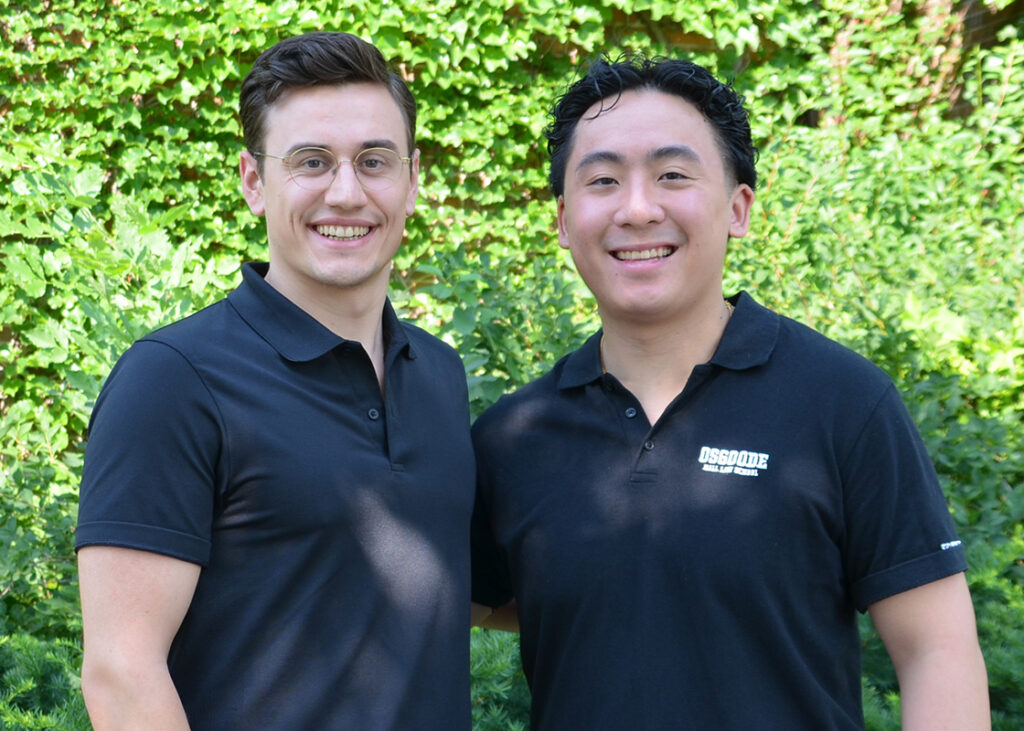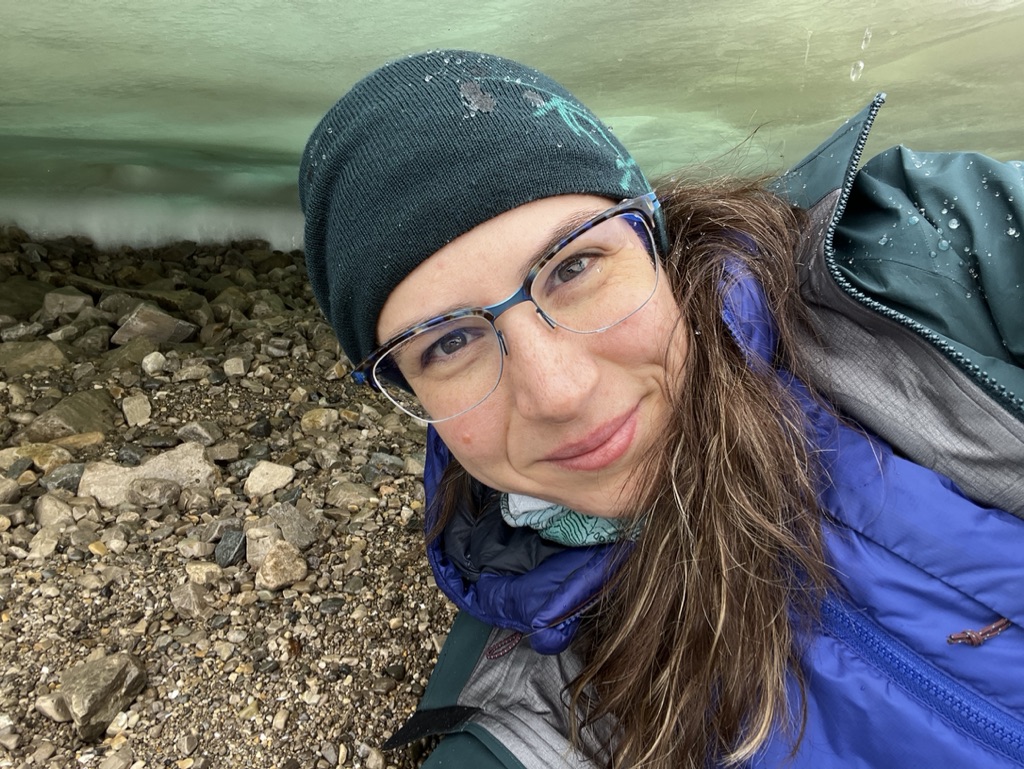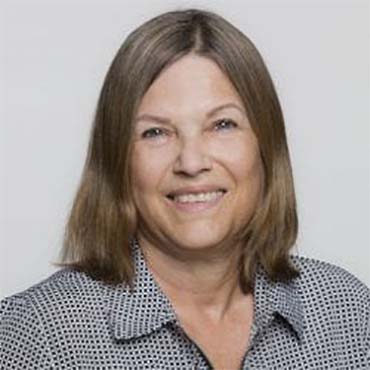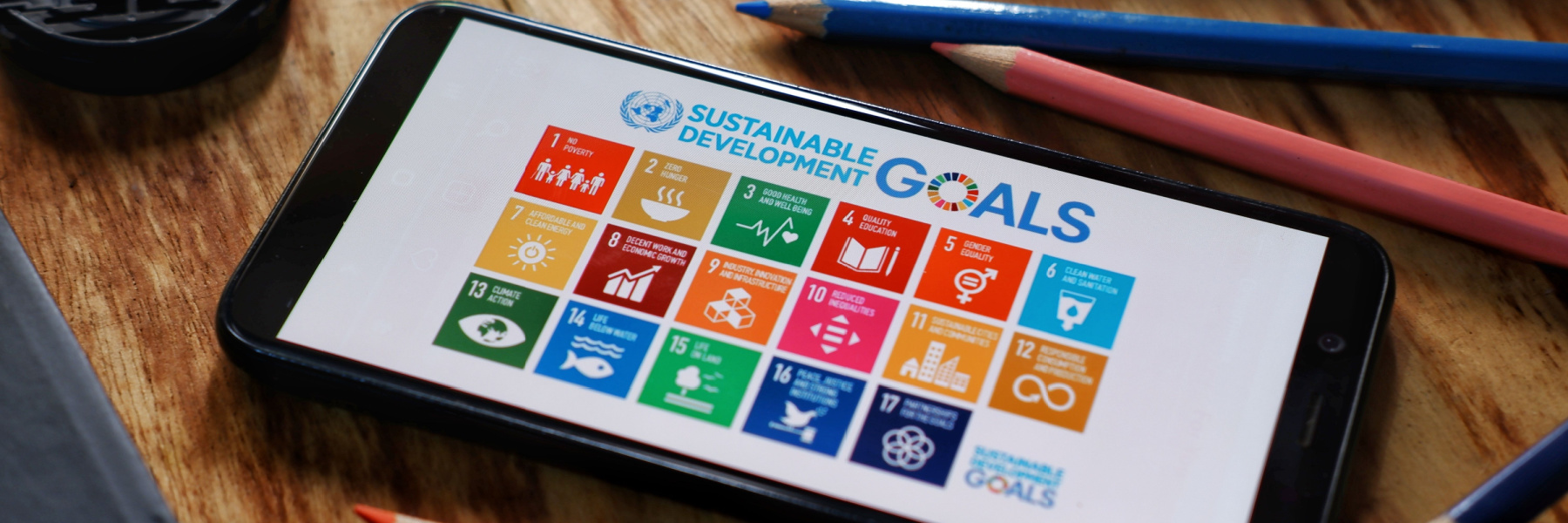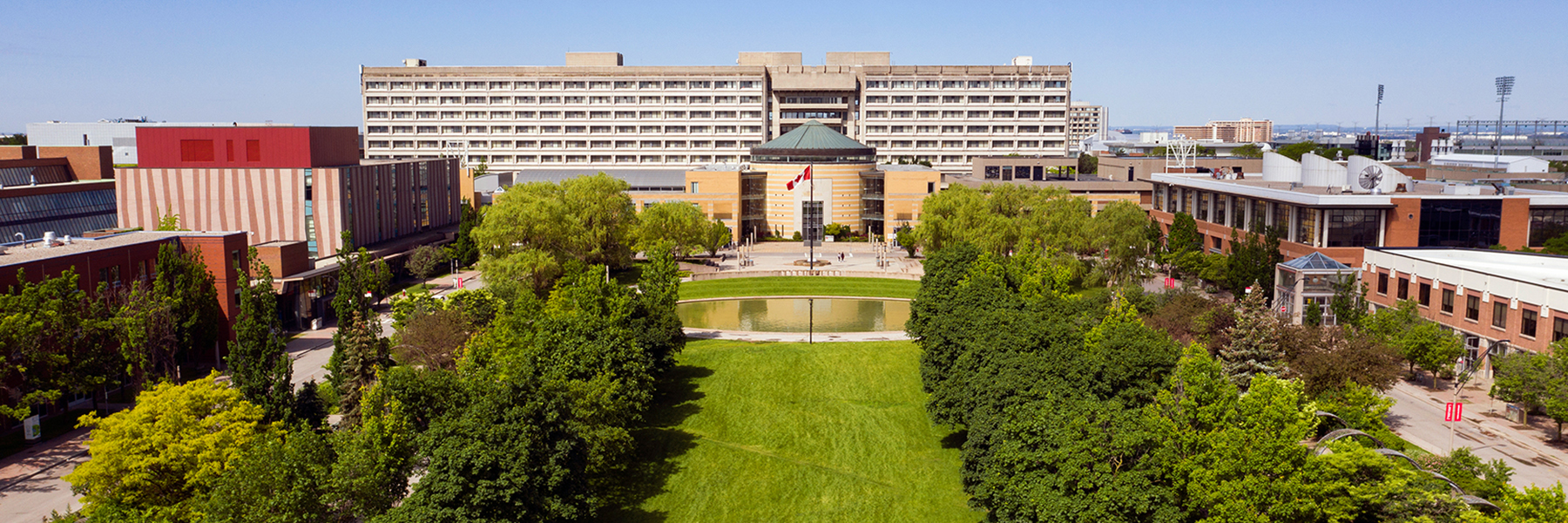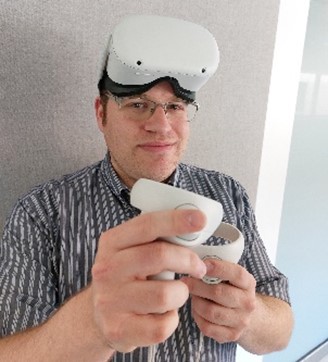Spring Convocation saw the launch of two inaugural graduation celebrations, one organized by the York University’s Black Alumni Network (YUBAN), and the other by the Sexuality and Gender Advocacy Alumni Network (SAGA).
The events, designed to celebrate the resilience and achievements of the Black and 2SLGBTQIA+ graduates, joins the existing Indigenous grad event organized by the Centre for Indigenous Student Services (CISS), as part of York’s ongoing support of decolonizing, equity, diversity and inclusion (DEDI) initiatives.
The new events are also the result of efforts by the York alumni engagement team to re-build the Black, Indigenous and 2SLGBTQIA+ alumni networks in recent years.
The Black Grad Celebration, hosted by economics alum Fikayo Aderoju (BA ’22) and Schulich School of Business alum Reni Odetoyinbo (BBA ’18), was marked by inspirational words from Jean Augustine Chair in Education, Community & Diaspora Carl James (BA ’78, MA ’80, PhD ’86), as well as a performance of “Lift Every Voice and Sing” by York student Ayokunmi Oladesu, a member of Vanier College Productions.
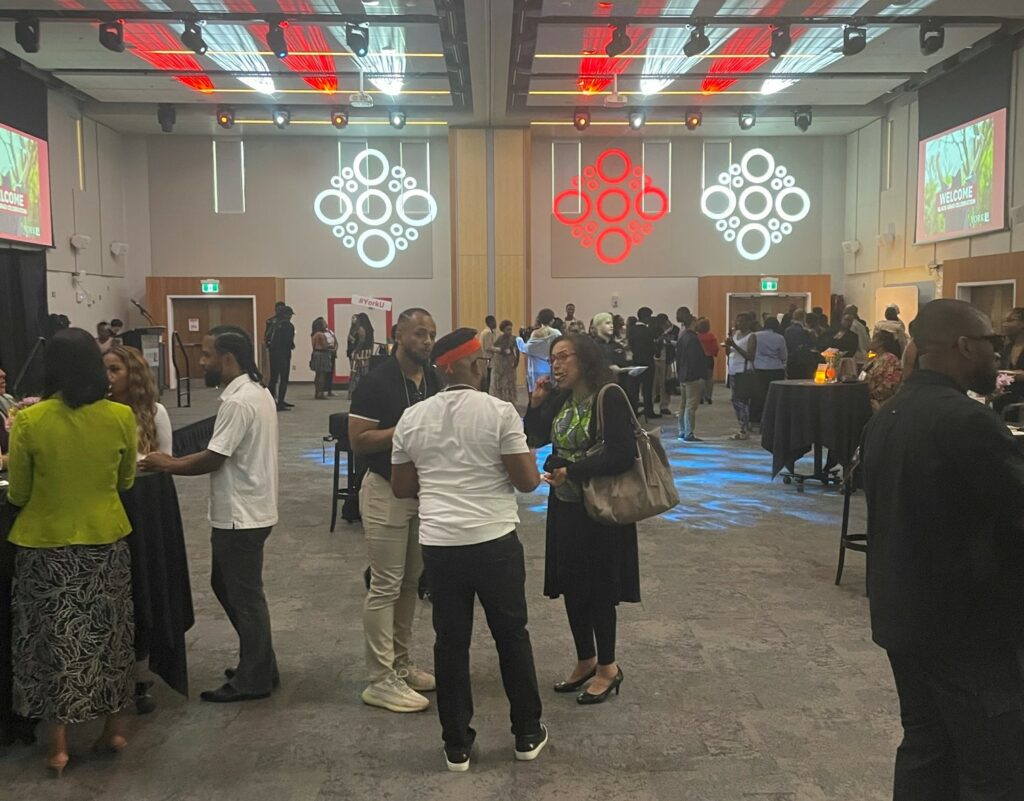
“For many Black university students, Black graduation ceremonies are opportunities not only to reflect on their journey through university, but also to celebrate the fact that despite the odds, challenges, doubts and setbacks, they want to celebrate how they managed to obtain their post-secondary credentials that once seemed elusive and unobtainable,” said James.
Actuarial science graduate Kobe Cargill (BA ’23) also took to the stage, sharing his experience as a Black international student, emphasizing the importance of recognizing the achievements of Black graduates.
“I am the first in my family and in my high school to leave Jamaica and get a university degree. I am doing this first and foremost for my family and friends back home,” he shared. “York is a large university with an extensive alumni network, and as Black alumni, we are laying a foundation for those to follow.”
The 2SLBGTQIA+ event, organized by SAGA, was hosted by political science alum Sara Elhawash (BA ’15) who welcomed recent grads and alumni, while acknowledging their accomplishments and challenges in getting where they are today. The event featured food, music and remarks delivered by Alice Pitt, interim vice-president equity, people and culture, and alumnus/current PhD student Gin Marshall (MES ’20) of SexGen, York’s committee responsible for advising and advocating around issues and concerns of sexual and gender diversity.
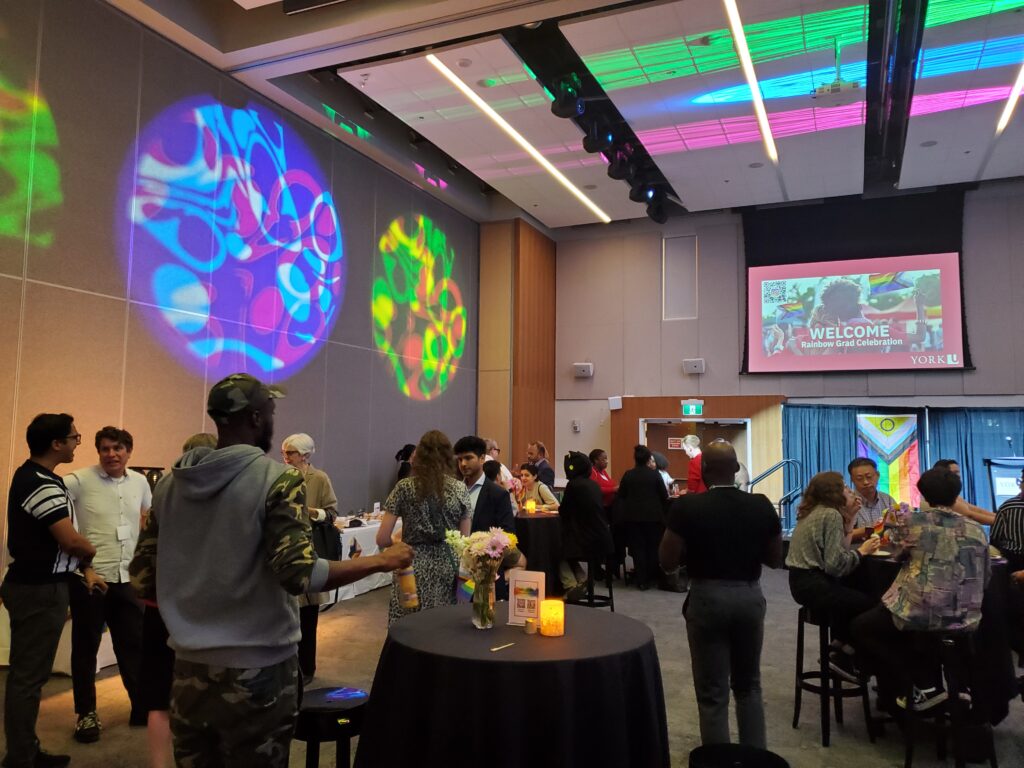
“I was truly honored to witness the power of unity and authenticity within the 2SLGBTQIA+ community. Having graduated in 2015 without a supportive network, it was heartwarming to celebrate alongside my fellow graduates who finally had the opportunity to embrace their true selves,” said Elhawash.
The evening provided an opportunity to network in a safe space and share words of encouragement and advice for future grads. Marshall spoke about their experiences as a queer-identifying university student and their challenges in the workforce. “We know the pendulum is swinging back towards more discrimination, and there is lots of work to be done. Recognize yourself, frame your degree and make sure it represents who you are. It is essential for you to recognize this accomplishment,” they said.
Along with YUBAN and SAGA, these two inaugural events were supported by the Division of Advancement, the Division of Students and the Office of the VP, Equity, People and Culture, and had participation from faculty and staff across the University.




